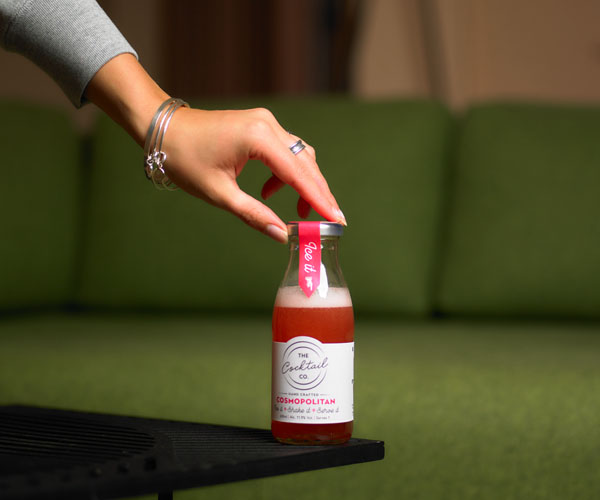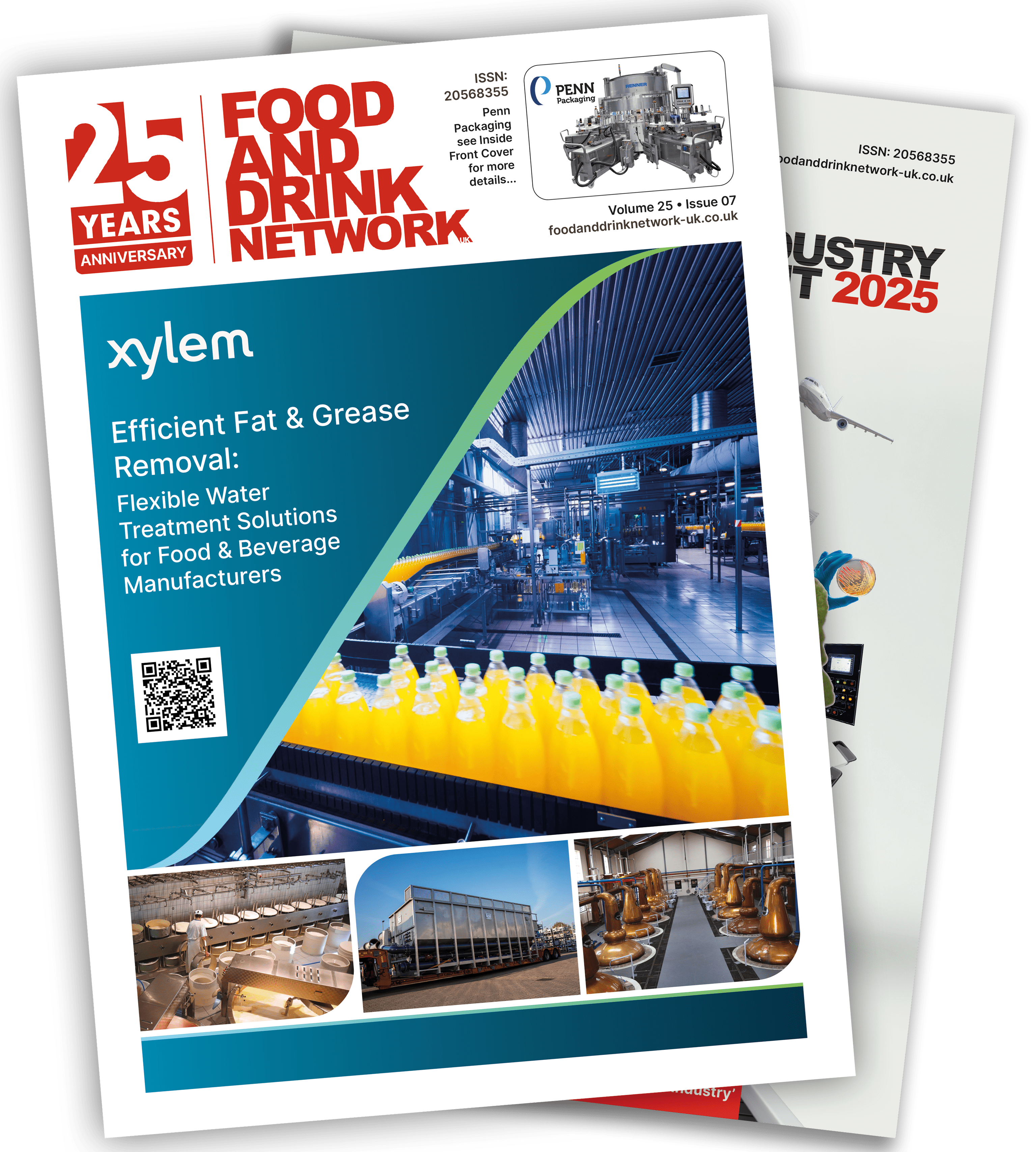Kim
3/27/2024 10:57:09 AM
4 mins read

Food and drink vendors across Wales are preparing to make changes to the separation of their waste for recycling ahead of the new law.
From 6 April, all businesses, charities, and public sector organisations to sort their waste for recycling, in the same way as households do across most of Wales.
These changes in the separation of waste will improve both the quality and quantity of recycling in Wales, while also helping to reduce carbon emissions and lay the foundations for a cleaner, greener Wales for future generations.
Many businesses have already started making the changes and have been experiencing some positive results. Mermaid Quay in Cardiff Bay, which is a food and drink venue, has reported a 60-70% saving in waste disposal costs through recycling since making changes to the separation of its waste.
Becky Jones, Marketing Manager from Mermaid Quay said: “Given the different business outlets within Mermaid Quay, from restaurants and bars to gift shops and retail outlets, we wanted to get ahead and prepare for the change early.
“We started making changes to our waste separation back in 2020. At this time, we supplied all our tenants with a waste strategy guide in their tenant handbook, ensuring they had all the necessary tools to ensure proper waste and recycling disposal. We also provided them with signage, color-coded bins, and stickers. In addition, we facilitated efficient sorting before transportation to our service yard for secondary segregation.
“We are lucky enough to have both the space and staff to undertake a secondary segregation of the waste streams. This helps to both reduce contamination and remove items that have found themselves in the wrong containers. This process has helped us to reduce our volume of general waste, increase recycling rates and decrease our waste management costs. This is down to less general waste being produced and therefore, less collections, which previously would’ve been the larger proportion of our waste removal from the site.”
Becky added: “While it may appear daunting, the process is surprisingly straightforward. I’d say planning and communication is key to success. If your staff, guests, tenants, and visitors have clear guidance on what they need to do, the transition should be easy, and will have positive results in the long run.
In just 20 years, Wales has gone from recycling less than 5% to recycling over 65% of our waste and is ranked third in the world for household recycling rates. This helps to save around 400,000 tonnes of carbon emissions every year.
The new law will help to continue to increase recycling rates while supporting Wales’ commitment to become a zero-waste nation by 2050.
For more information on how the changes will affect your workplace and for guidance on what you need to do visit www.gov.wales/workplacerecycling.
What the new law means:
-
All workplaces including businesses, public sector organisations and charities, will need to separate food; paper and card;glass;metal, plastics and cartons; unsold textiles and small waste electrical/electronic equipment.
-
It is the occupiers of a workplace who must ensure recycling is separated for collection. If multiple workplaces are in a shared location, each individual organisation is responsible but may need to agree with the landlord or facilities manager if a central recycling system is required.
-
The law also applies to all waste recycling collectors and processors who manage household-like waste from workplaces.




